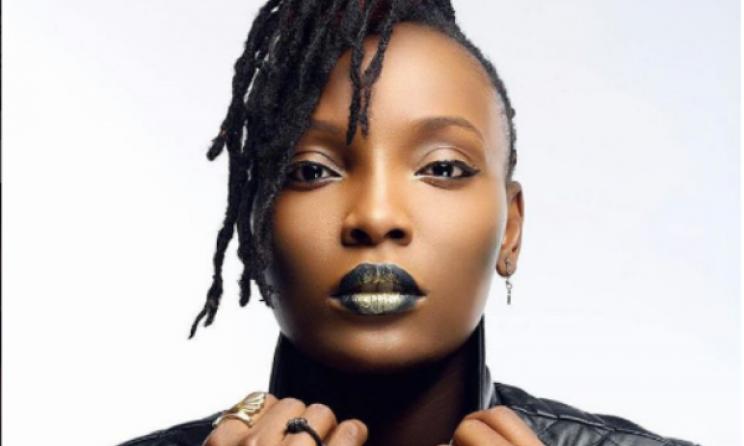General
We cannot afford water, soap for handwashing, Nigerian households tell NBS

A large number of Nigerian households surveyed in June cannot afford to buy sufficient supplies of the water and soap they needed for handwashing, the National Bureau of Statistics [NBS] said in its latest COVID-19 Impact Monitoring report on Tuesday.
Frequent handwashing with soap is widely advised as a preventive measure against COVID-19. But the NBS, while disclosing the findings of the second round of its Nigeria COVID-19 National Longitudinal Phone survey conducted last month, said:
“Despite high awareness of safety measures, almost a quarter of respondents do not have sufficient soap to wash their hands.
“In the baseline, soap and cleaning supplies were the most commonly needed items, and most families confirmed that they were able to purchase soap when needed.
“In June however, nearly a quarter (24 per cent) of households did not have sufficient soap to wash their hands and about seven per cent of households also reported insufficient access to water for handwashing.
“Poorer households were more likely to have insufficient access to soap and water to wash their hands.”
The report said the shortage of water for drinking and washing hands faced by households was primarily due either to a disruption in the supply or inability to access the source of water.
It added,
“However, a large share of households also reported that they could not afford to buy sufficient supplies of water (17 per cent for drinking water and 28 per cent for handwashing water). Households reported not having sufficient soap to wash their hands was the inability to afford enough soap (79 per cent).”
The NBS described the COVID-19 NLPS as a monthly survey of a nationally representative sample of 1,950 households to monitor the economic impact of the pandemic and other shocks.
It noted that the survey was launched in April 2020 with support from the World Bank.
-

 Entertainment11 hours ago
Entertainment11 hours agoLagos Police apologise to DJ Switch over arrest misinformation
-

 Politics14 hours ago
Politics14 hours agoEFCC arraigns ex-Kogi gov, Yahaya Bello on money laundering charges
-

 Economy13 hours ago
Economy13 hours agoNigeria’s debt repayments behind FX reserves decline – CBN
-

 Politics11 hours ago
Politics11 hours agoNorthern elders deny ‘regret voting for Tinubu’ statement
-

 Entertainment10 hours ago
Entertainment10 hours agoChess Master Tunde Onakoya hits 20-hour mark on GWR quest
-

 Crime9 hours ago
Crime9 hours agoNasarawa man slits Okada rider’s throat, steals bike
-

 Politics9 hours ago
Politics9 hours agoYahaya Bello absence stalls EFCC arraignment
-

 Politics10 hours ago
Politics10 hours agoCourt refuses to drop N4bn fraud charges against ex-Anambra gov




































